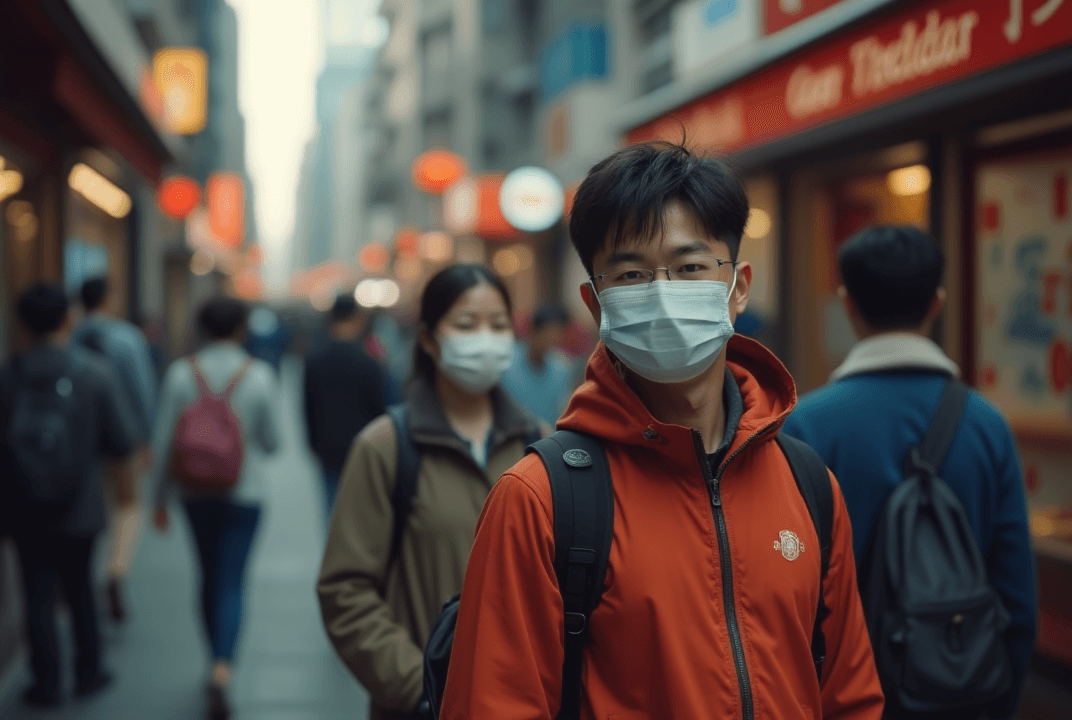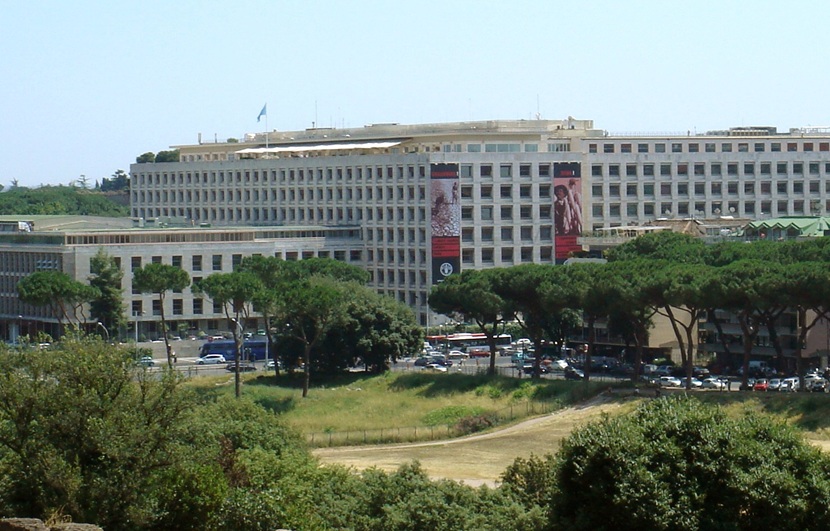COVID-19 Surge in China, Singapore, Thailand

Travel and public health analysts are voicing concerns about the resurgence of Covid-19 in Asia and its potential impact on international travel. Despite the lifting of most global restrictions, the rise in infections across several Asian countries highlights the industry's vulnerability to biological events. Travel agencies and tourism operators are particularly worried about localized travel restrictions, such as mask mandates, vaccination requirements, or partial lockdowns, especially if healthcare systems become strained. While no such measures have been implemented, the increase in cases has prompted discussions among stakeholders.
Airlines are closely monitoring the situation and considering contingency plans, including enhanced hygiene protocols, flexible rescheduling options, and adjustments to flight frequencies on specific Asian routes if public perception of safety declines.
Hopeful Containment: The Indian Experience
Unlike other Asian countries, India has remained relatively stable. Government officials, as reported by PTI, noted that the increase in cases is mild, with no significant impact on hospitalizations or mortality. India reported 257 active Covid-19 cases and held a high-level review meeting with various health organizations, chaired by the Director General of Health Services (DGHS), to monitor developments. The Health Ministry stated that while the trend doesn't require drastic intervention, authorities are vigilant, maintaining surveillance, data analytics, and communication strategies.
Waning Immunity and the Challenge of Vaccination Gaps
A common issue among countries experiencing surges is waning immunity. Singaporean health authorities attribute the rising infections to decreased protection within the population. In Singapore, the LF.7 and NB.1.8 variants, sublineages of JN.1, are dominant. Health experts believe immunity from past infections or vaccinations diminishes over time, making populations vulnerable. Many individuals have not received booster doses in over a year, a pattern also suspected in Hong Kong and Thailand. Public health officials are concerned about high-risk groups like the elderly, who could face serious consequences from even mild strains. Renewed public messaging about booster vaccinations may be necessary.
Hong Kong’s Endemic Cycle: A New Normal?
Hong Kong health authorities acknowledge that Covid-19 now exhibits a “periodic pattern,” similar to influenza. Dr. Edwin Tsui of the Centre for Health Protection (CHP) noted that the city experiences case increases every six to nine months due to evolving variants and declining herd immunity. Between April 6 and April 12, positive Covid-19 tests rose from 6.21% to 13.66%. Authorities consider this wave part of the expected endemic activity of the virus, requiring public health oversight. Local officials are using data to evaluate future policies and public advisories, with no immediate new mandates expected, but health infrastructure remains alert.
Thailand’s Strain: Songkran’s Lingering Effect
Thailand has seen a more intense resurgence, recording 33,030 new Covid-19 cases between May 11 and May 17, with over 6,000 in Bangkok. The Department of Disease Control links the surge to the Songkran festival, known for travel and gatherings. The XEC variant, an Omicron strain, is the main cause. The government is balancing transparency with reassurance, stating that healthcare facilities are managing the caseload effectively but advising continued vigilance. Citizens are urged to adhere to voluntary precautions like mask-wearing and hand hygiene. Hospitalizations have not spiked proportionately, but officials are monitoring the situation daily and may issue local advisories if trends continue.
Singapore’s Systemic Surge
Singapore's Ministry of Health reported a significant increase in weekly Covid-19 cases between April 27 and May 3, from 11,100 to 14,200, a nearly 28% jump. Average daily hospitalizations rose from 102 to 133. However, ICU admissions slightly decreased, suggesting that while more people are infected, fewer experience severe symptoms. The healthcare system remains capable of managing the patient load, and hospitals have adjusted resource allocation. Public health messaging focuses on vaccination and risk-reduction behaviors.
China’s Understated Increase
Recent figures from the Chinese Center for Disease Control and Prevention indicate a concerning trend, though China's data disclosures are less comprehensive. Between March 31 and May 4, the positivity rate among patients with flu-like symptoms rose from 7.5% to 16.2%. Among those admitted to hospitals, the rate doubled from 3.3% to 6.3%, suggesting wider community transmission. Experts believe this could be tied to newer variants, reduced public compliance, or seasonal factors. Local administrations have been asked to increase testing capacity and prepare for potential outbreaks, but no new public health measures have been announced.
Common Factors Behind the Surge
Health authorities cite several common factors contributing to the rise in Covid-19 cases:
- Waning Immunity: Immunological protection from prior infection or vaccination is diminishing.
- Variant Evolution: New variants like LF.7, NB.1.8, and XEC are more transmissible.
- Travel & Social Mixing: Increased movement during holidays and post-pandemic normalization.
- Booster Fatigue: Many individuals have delayed or avoided booster shots.
These factors create an environment for the virus to resurge, especially in densely populated areas with frequent social interaction.
Strategic Recommendations for Travelers
Travel experts and global health agencies advise travelers to:
- Verify Local Guidelines: Check the latest health advisories for their destination.
- Stay Vaccinated: Ensure boosters are current, especially for older travelers or those with comorbidities.
- Carry Essentials: Masks, hand sanitizer, and proof of vaccination may be needed.
These precautions can minimize disruptions and ensure safety during travel.
Industry Watch: A Return to Resilience
The travel industry operates with cautious optimism. While no sweeping restrictions are expected, the recent uptick underscores the need for agility and adaptability. Resilience and flexibility are crucial for airlines, hoteliers, and tour operators. The global travel industry must align with real-time data and community sentiments as countries recalibrate their public health messaging. This ensures safety and supports economic recovery in tourism-dependent economies.
In conclusion, the rise in Covid-19 cases across Asia highlights the need for ongoing vigilance at both individual and institutional levels. The disease may be endemic, but its consequences can still travel far.









